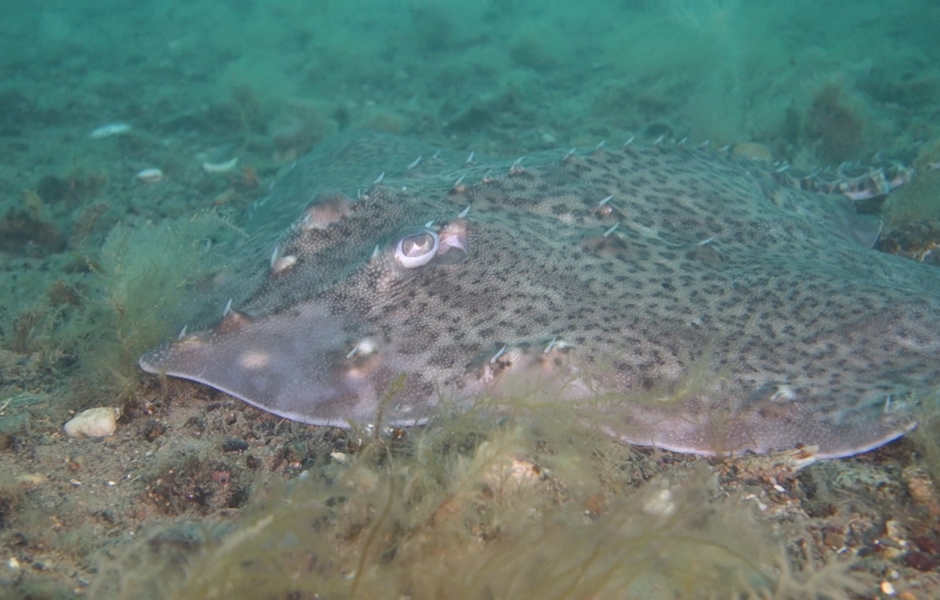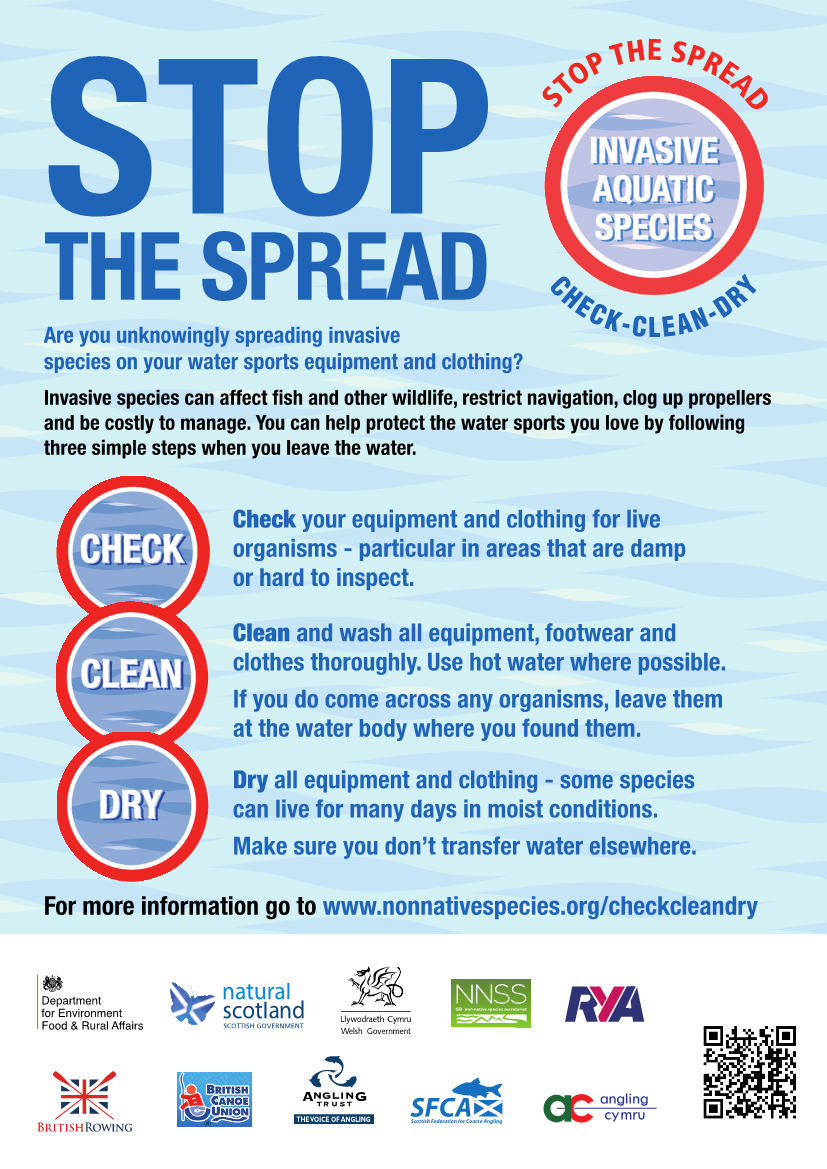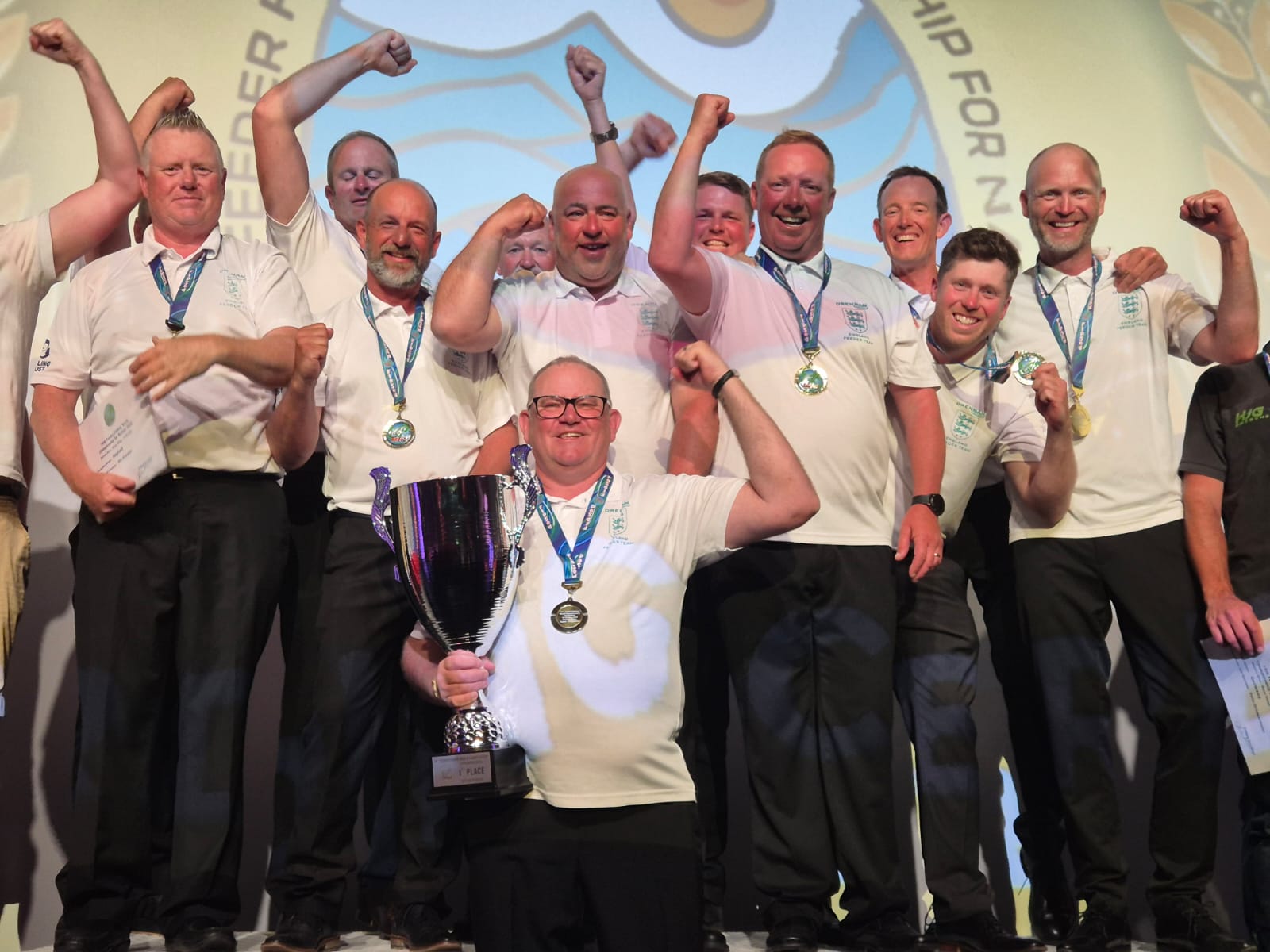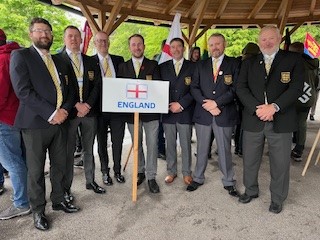
Beyond the Breakers
A Turning Tide: Why Ending Bottom Trawling in MPAs Is Just the Beginning
This week has felt like a swell of real momentum for our seas – and for the millions of us who love, rely on, and fight for them. Is this a long-overdue signal that the tide may finally be turning for our seas?
On Monday 9th June, the Government announced plans to ban bottom-towed fishing gear in 41 English Marine Protected Areas (MPAs), covering over 30,000 km² of sea. If delivered in full, this long-overdue proposal would finally remove one of the most destructive forms of fishing from these areas. Currently, the UK has 374 MPAs covering 38% of UK seas, but over 90% of these areas allow bottom-trawling – hardly ‘protected’.
To put it plainly, bottom trawling can have a similar impact on the ocean floor as deforestation has on land. Heavy nets dragged along the seabed can damage delicate habitats, disturb marine ecosystems, and remove everything in their path that isn’t quick enough to escape. In many cases, this results in low-value catch and significant bycatch, with damage to habitats that may take decades to recover – if they recover at all.
At the Angling Trust, we’ve long said that MPAs must be more than just lines on a map. These areas often protect vital seabed habitats, spawning and nursery grounds, and the complex web of marine life that underpins not just healthy ecosystems, but vibrant, sustainable fisheries too. Prohibiting bottom trawling in MPAs should not be viewed as anti-fishing, but as an essential tool in safeguarding fisheries and our wild seas for the future.
Protecting seabed habitats isn’t about locking the sea away in MPAs. Decades of science show that well-managed MPAs can boost fish abundance, size, and diversity, not just inside the boundaries but in surrounding waters too. That means more fish for the future. And yes, more fish for anglers to catch.
Sea angling has a relatively light footprint and huge social and economic value to coastal communities. That’s why the Angling Trust believe recreational angling alongside low-impact commercial fishing should be a preferred activity in and around properly protected MPAs. Inshore waters should be a space where nature can recover, where the public can still access and enjoy it responsibly and low-impact recreational fishing businesses and small-scale commercial fishing can make a livelihood.
This announcement alone is cause for cautious optimism. But taken together with the Environmental Audit Committee’s final report on Governing the Marine Environment, released just days earlier, we’re starting to see something bigger emerge: a real shift in the tide of UK marine policy.
The Committee’s report is bold and, frankly, overdue. It calls for an end to the piecemeal, inconsistent way we currently manage our seas. It outlines seven major recommendations for the UK Government, including:
- A complete ban on bottom trawling, dredging, and mining in offshore MPAs
- A new, unified government department to take the lead on marine governance
- Proper stakeholder engagement, bringing in all groups within coastal communities and the public
- Ratification of the UN High Seas Treaty by September 2025
While all noteworthy, that final point is a big one. The UK has now formally committed to ratify the High Seas Treaty – a landmark international agreement that will, for the first time, enable the protection of biodiversity in areas of the ocean beyond national jurisdiction. It’s a huge win for global ocean governance and could pave the way for a network of Marine Protected Areas across the high seas.
For sea anglers, this matters more than you might think.
The ocean is a connected system. What happens out there, in the deep and distant waters, ripples all the way back to our coasts. Stronger protections globally mean healthier fish stocks, more resilient ecosystems, and a more level playing field between industrial and small-scale or recreational fishers of the sea. It’s a signal that the world is finally waking up to the need to manage our shared ocean as a whole – not just the bits we can see from the beach.
So, what’s next for our seas – and for sea anglers?
The next few months will be critical.
We’ve got public consultations, Fisheries Management Plans, IFCA byelaws, and UK-EU fisheries negotiations all in motion, in tandem with these new announcements on marine protection. These are real-world, high-stakes processes that will shape the health and productivity of our seas for years to come. That’s why the Angling Trust is at the table for every one of them – championing sustainable recreational fishing, evidence-based policy, and the need for genuine protection of our seas.
But we need your voices too.
Sea anglers are out there every week, observing changes in fish stocks, identifying pollution events, and speaking out on illegal fishing. Your knowledge, your stories, and your passion for the sea are powerful tools in the fight for better marine policy.
If you’ve ever been frustrated by dwindling fish stocks or the sense that our coastal waters are being taken for granted – this is the time to speak up.
We can help via our new Angling Trust Marine Regional Network. Get in touch with us today at sea@anglingtrust.net and if you’re not already, join us at the Angling Trust by becoming a member.
The tide is turning. But it’s up to us to keep it moving in the right direction.
For fish. For nature. For the future of sea angling.
Blog by Hannah Rudd, Head of Marine, Angling Trust
You might also like

We Fish as One supports Pride Month 2025

Sunglasses giant backs Angling Trust

Join in with the Check, Clean, Dry campaign this…

From TikTok to the classroom – Orchard School follows…

DRENNAN ENGLAND FEEDER TEAM WIN WORLD CHAMPS!

Family fishing at Aston Park Fisheries where have a…

FOURTEEN SIDES ALREADY THROUGH TO SUPERCUP ROUND 2!

SIXTH FOR ENGLAND AT FLY WORLD CHAMPS

Much needed new European Management Plan for Cormorants moves…

A Turning Tide: Why Ending Bottom Trawling in MPAs…

How to start river fishing – beginner’s guide for…

Everybody Can Fish – get into fishing and learn…

We Fish as One supports Pride Month 2025

Sunglasses giant backs Angling Trust

Join in with the Check, Clean, Dry campaign this…

From TikTok to the classroom – Orchard School follows…

DRENNAN ENGLAND FEEDER TEAM WIN WORLD CHAMPS!

Family fishing at Aston Park Fisheries where have a…

FOURTEEN SIDES ALREADY THROUGH TO SUPERCUP ROUND 2!

SIXTH FOR ENGLAND AT FLY WORLD CHAMPS

Much needed new European Management Plan for Cormorants moves…

A Turning Tide: Why Ending Bottom Trawling in MPAs…

How to start river fishing – beginner’s guide for…

Everybody Can Fish – get into fishing and learn…

We Fish as One supports Pride Month 2025

Sunglasses giant backs Angling Trust

Join in with the Check, Clean, Dry campaign this…

From TikTok to the classroom – Orchard School follows…

DRENNAN ENGLAND FEEDER TEAM WIN WORLD CHAMPS!

Family fishing at Aston Park Fisheries where have a…

FOURTEEN SIDES ALREADY THROUGH TO SUPERCUP ROUND 2!

SIXTH FOR ENGLAND AT FLY WORLD CHAMPS

Much needed new European Management Plan for Cormorants moves…

A Turning Tide: Why Ending Bottom Trawling in MPAs…

How to start river fishing – beginner’s guide for…










